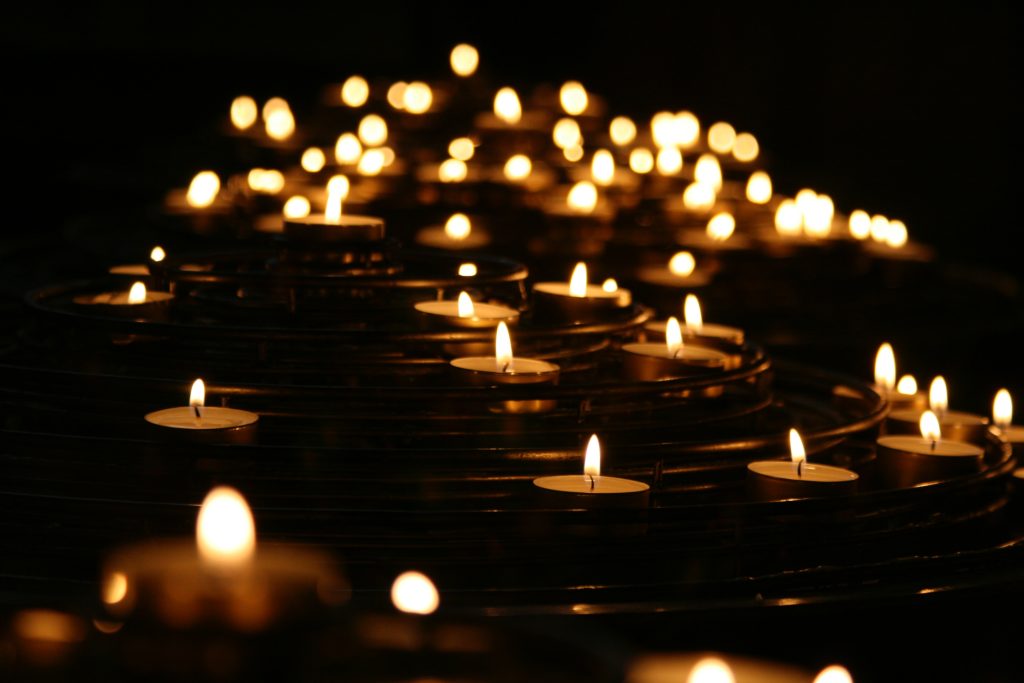Grief. What comes to mind when you hear that word? Grief is a profoundly complex and deeply personal experience. If you were to ask ten different therapists, you’d probably get ten different answers. Similarly, if you were to ask ten different individuals, their responses would vary widely as well. Grief is a universal human experience, one that can affect us all in various ways. In this week’s blog post, we will explore the nature of grief and its stages and provide some insights and support for those who may be navigating the challenging journey of grief during the holiday season.
Understanding Grief: Grief occurs when our expectations and reality do not align. That space in between, where our hopes and the actual circumstances diverge, can trigger a grief response. Grief is often described in terms of five stages: denial, anger, depression, bargaining, and acceptance. It can be the result of a wide range of experiences, from the loss of a loved one to the end of a relationship, from not achieving a dream job to experiencing changes in interpersonal relationships.
Whatever the cause of your grief, it is valid, and you are not alone.
The Complexity of Grief: Grief is far from a neat, linear process. The five stages mentioned earlier are not a one-way street; rather, we, as human beings, tend to move back and forth between them. Grief is not something we simply “get over” and move on from. It is a daily, ongoing process, and it’s okay not to be okay.
Thoughts on Navigating Grief During the Holidays:
- Acknowledge Your Grief: Grief can be overwhelming, especially during the holiday season when joyful celebrations are taking place. It’s crucial to acknowledge your grief as a valid and essential part of your experience. Recognizing it is the first step in honoring and allowing yourself to feel the emotions associated with your loss.
- Identify Safe People: While some people may offer well-intentioned words, comments that dismiss or minimize your grief, such as “he’s in a better place” or “it’s not that bad,” are often unhelpful. It’s essential to identify safe individuals who understand the depth of your grief and can provide meaningful support during this challenging time.
- Engage in a Ritual or Ceremony: For those who are ready, engaging in a ritual or ceremony can be a powerful way to honor what you are grieving, whether it’s the loss of a person, a pet, or a significant change in your life. Such a ceremony can provide closure, healing, and a sense of connection to the memories and emotions associated with your grief.
Grief is a deeply personal journey, and there is no one-size-fits-all approach to processing it. If you are struggling with grief during the holiday season, please remember that you are not alone, and your feelings are entirely valid. This journey can be challenging, but there is hope and support available. If you find that your grief is overwhelming and impacting your daily life, it is entirely appropriate to seek professional help. Reach out to a therapist or counselor who can provide guidance and support as you navigate this complex and deeply human experience. You are never alone on this path of healing and self-discovery.
Becoming anchored in hope,
Laura
Laura’s professional focus is to support individuals on their mental health journey, and as such has curated a team of talented, informed, and dedicated therapists to do just that. At Anchored Counseling Company, you will find helping professionals who provide a nurturing atmosphere grounded in trust and acceptance and a trauma-informed approach. Everyone at Anchoring Counseling Co. firmly believes in the inherent value of all people and offers a warm and compassionate therapeutic style. Their approach is centered around the idea that clients have the innate capacity to bring about lasting positive changes in their lives. To find the therapist who is the best fit for you and your needs, call our office today at 615.510.3797 or click here.
One last thing…the book “On Grief and Grieving” by David Kessler and Elizabeth Kubler-Ross addresses the complex topic of grief in a manner that is approachable and easy to digest. They expand beyond the five stages of grief and dive head-first into the perfect combination of inspiration and advice. This book is a must-have for all of us dealing with the loss of a loved one.
Affirmation: “My grief is valid, and I can honor my grief in this (…) way.”





